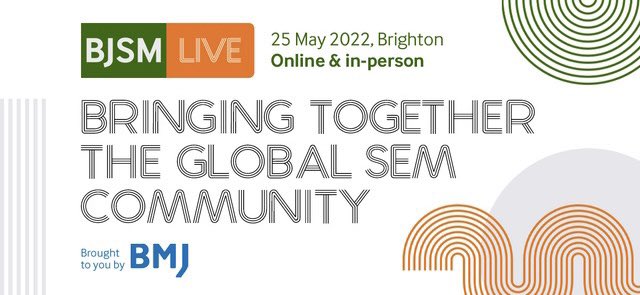I’ve been sharing canine science at @DoUBelieveInDog since 2012 with the wonderful @DogSpies. It started as a pen pal style blog and grew into an amazing, supportive community of researchers, Sci-commers and everyday doggy folk. It has led to #scicomm opportunities and been fun!
I’ve earned my #SciComm stripes through independent research, being a consumer, watching others, making mistakes, adjusting & trying again. One nice thing the pandemic offered is the chance to do a discounted Grad Cert in #SciComm @ANU_CPAS, learning from @willozap @lindyorthia
This has prompted me to think more broadly about taking #animalwelfare science and sharing it more broadly. To support a community of people to share #science, opportunities & help one another in this space and let more people know our work exists. Cue @YAWScience #scomweb2020 

The rest of today I’ll be fine tuning the @YAWScience website for launch. Happy to also chat #scicomm, #animalwelfare #science, #dogs, pandemic lockdown life, or anything else you fancy. I’ll be in and out for a few hours, then back for a solid stint once kiddos asleep.
• • •
Missing some Tweet in this thread? You can try to
force a refresh









